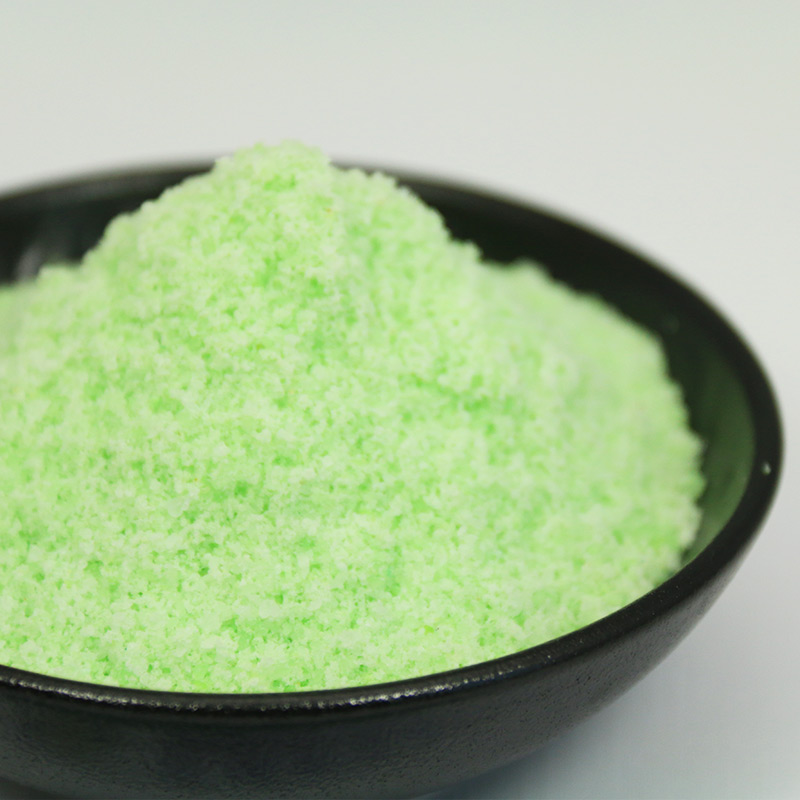NPK is the abbreviation of nitrogen (N), phosphorus (P), potassium (K), representing a compound fertilizer, also known as a ternary compound fertilizer. NPK compound fertilizer is a compound fertilizer made of nitrogen, phosphorus and potassium by chemical methods. It provides the three essential elements necessary for plant growth, namely nitrogen, phosphorus and potassium, which play a vital role in plant growth and development. On fertilizer bags, we usually see the  NPK letters and corresponding numbers that indicate the percentage content of each element. For example, a “10-20-10″ NPK fertilizer means that the fertilizer contains 10% nitrogen, 20% phosphorus (measured in P2O5) and 10% potassium (measured in K2O). This labeling method helps farmers or gardeners choose the right fertilizer for their plants’ needs.
NPK letters and corresponding numbers that indicate the percentage content of each element. For example, a “10-20-10″ NPK fertilizer means that the fertilizer contains 10% nitrogen, 20% phosphorus (measured in P2O5) and 10% potassium (measured in K2O). This labeling method helps farmers or gardeners choose the right fertilizer for their plants’ needs.
Post time: Feb-24-2025





